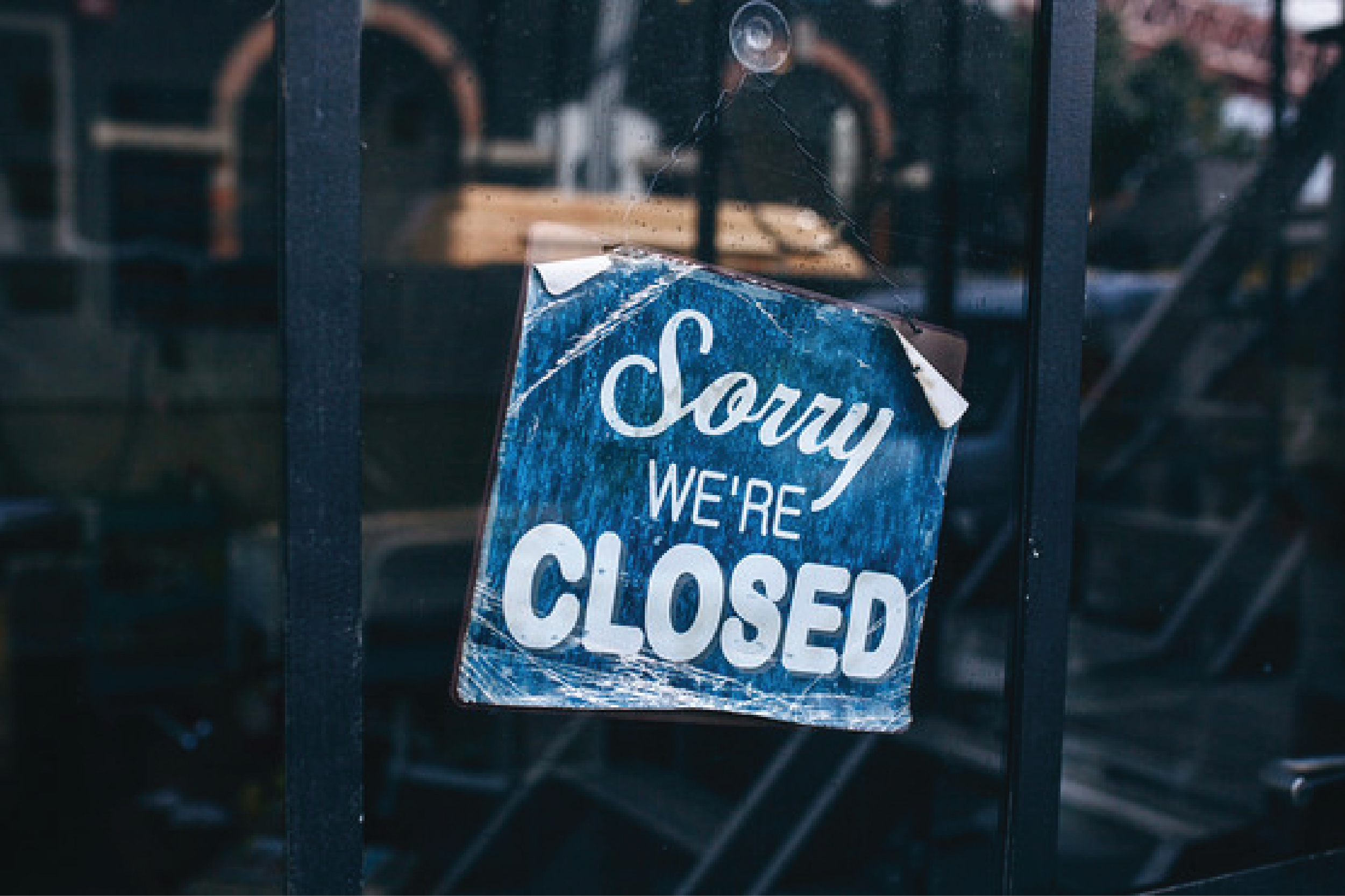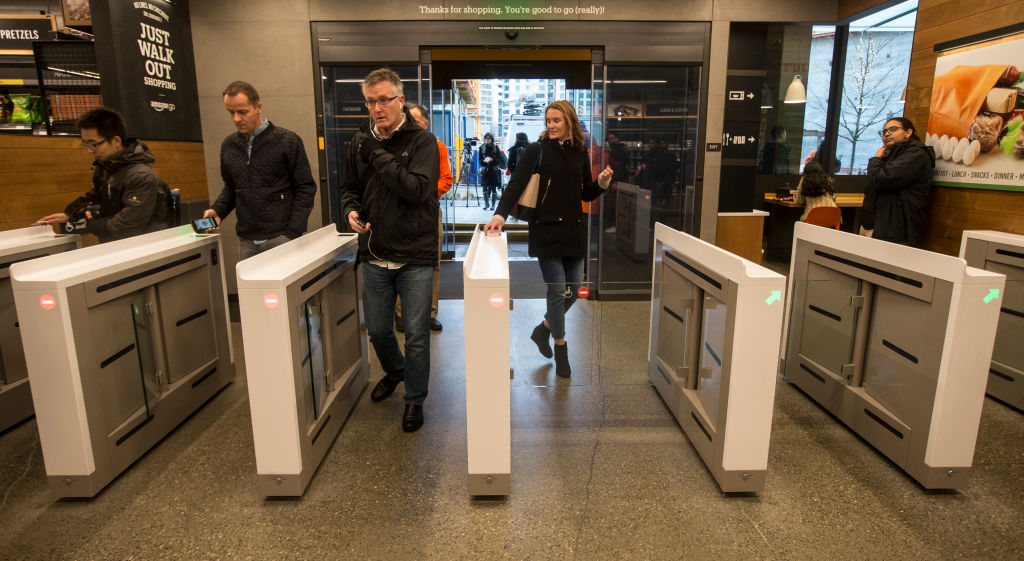The Coronavirus impact on retail is already massive, with the COVID-19 crisis hitting businesses across the globe. From interruptions in supply to slowing economic growth, the year ahead does not look too bright for retailers.


Some reports even predict that store closures will accelerate to twice their current rate in the year 2020.
Online retailers, meanwhile, will face the challenge of ensuring adequate supply and sticking to delivery timelines in the face of a dwindling workforce.
Coronavirus Impact On retail: Expert Insights
We’ve gathered insights from retail experts as well as other retailers just like you to help answer that question.
-
Switching Between Sales Channels
Even as offline stores close amid city and statewide shutdowns, people continue to need stuff.
Ranging from the ‘absolutely essential’ to the ‘somewhat essential’, there are literally thousands of products people need.
If you have a local offline presence and need to shut down, consider operating dark stores and accepting orders online. The process can be as simple as accepting orders on a phone (for smaller volumes) or creating a quick, plug-and-play WooCommerce site (for larger volumes).
You can deliver orders in batches at a set time every day, and accept orders only until a cutoff period.
One Bain & Company report shows that the demand for online grocery went up by 80% during the peak of the crisis there, and that’s an opportunity offline retailers should capitalize on right now.
Mohammed Ali, CEO, Primaseller says, “The best way to streamline this process and switch between channels as the need arises is to use good inventory management software like Primaseller.
It can help you add/ remove sales channels quickly, keep your catalog organized, and help you through some of the most common bumps you face when selling online for the first time.”
-
Fixing Your Retail Operations
If you’re already selling online, you have a slight advantage. You still need to ensure that you have adequate inventory available.
If you accept backorders, consider suspending them or offering refunds on existing orders till you know your consignment is on the way.
Bob Buffone, Co-founder and CTO, Yottaa has a checklist that online retailers can use to beat losses caused by COVID-19:
-
Establish an “Emergency Plan” for site performance issues should you experience a surge in visitors. Thoroughly load-test web pages to handle the influx in traffic.
-
Check with every single supplier and figure out where they stand. This is not the time to be breaking vendor relationships. If you know what their status is, you can make delivery promises accordingly.
-
Establish back-up plans for essential employee schedules (if they become ill). Consider what to do in instances where your current fulfillment partners are unable to deliver your orders.
-
Prepare operations to go remote at a week’s notice, should the situation arise.
A Note On Your Supply Chains


It is very likely that you are now looking at indefinite delays from your vendors.
Remember that even if your products are sourced from a country that’s yet unaffected, it is likely that they source their products from one such place. This means that your supply will be affected indirectly.
Talk to every vendor on your roster so you know what to expect. If you foresee delays, communicate with your customers accordingly. If an order cannot be fulfilled in the near future, give them the option to cancel and remember to send a reminder once it can be fulfilled later.
Felicia Libbin at the National Luggage Dealers Association recommends that you take note of what you are low on and prep reorder files so you are ready to reorder quickly once your customers return and you need inventory.
We couldn’t agree more. Not having enough inventory is already a problem. You don’t want to be caught off-guard long after the pandemic passes.
-
-
Figuring Out How Much Wiggle-Room You Have
As you face a long period of burdened finances, consider what you need to keep and what to let go of.
Business owners, too, are finding interesting ways to reduce the Coronavirus impact on retail.
Calloway Cook, President, Illuminate Labs tells us that retailers with the margins to do so should start offering discounts for the foreseeable future.
You can maintain profitability even while profit margins decrease if you increase revenue. Illuminate Labs plans to begin marking down their products later this week and testing their profitability relative to the previous weeks and months.
Also, consider using this time to see how much working capital you have left, and where you want to spend that money.
If you’ve been losing money in the form of dead stock and excess inventory, invest in a good inventory management system and set it up before sales kick in again.
-
Getting Smart With Marketing
Warren Buffett once said, ” (Be) Fearful when others are greedy and greedy when others are fearful.”
That is true of good marketing efforts right now. Offline retailers can use this time to become the ‘retailer who helped us when everything else was shut.’
Mike Belasco, CEO, Inflow, says “eCommerce retailers that I have helped and have been most successful during downturns are those who recognize this is temporary and use the time to both lean-in to their marketing efforts and adjust their tactics.”
He adds that eCommerce retailers can shift their marketing budget towards SEO while their competitors are letting off the gas. This helps you rank higher on those words you have been chasing for a while.
As pay-per-click ads become less competitive, merchants can buy clicks at a cheaper rate and change their call-to-action to include newsletter sign-ups. These can then be nurtured towards a sale later when consumers begin to spend again).
This type of creativity and strategic thinking about both competitor responses and consumer behavior pays off in the long-run.
More Tips To Reduce The Coronavirus Impact On Retail
While you’re getting ready to face a new normal, remember your people. The store staff and operations people who are still coming in and keeping the world going. Here are a few things you can do for them:
- Educate them on potential threats to their personal health and explain your policy to them.
- Ensure that you sanitize all surfaces at regular intervals and that all staff washes their hands frequently.
- If someone reports symptoms of COVID-19 infection, encourage them to self-quarantine or seek medical advice. Ensure that all employees who came in contact with them are also quarantined and encouraged to stay home.
- You can follow the CDC guidelines for employers here on how to handle the crisis.
- Consider your payment plans for your people and have a transparent conversation with them.
Lastly, now is a great time to connect with your customers outside of the sales transaction.
“It’s time to connect with your customers, not to sell them, but just to let them know how much you appreciate them and want them to know you’re thinking of them.”
–Shep Hyken, Customer Experience Expert
He further adds, “One of my favorite ways to do this is through video. (I use BombBomb) A short personalized video (and personalized is the key) with a positive message will let your customers know you’re not always about the sale.”
Note: For a full list of resources for small businesses, please visit the U.S. Chamber of Commerce Listing here.
Request Demo
thank you
thank you
thank you
Request Demo
window.IS_INDIA = 0;window.USER_COUNTRY = 'China';window.USER_CITY = 'Hangzhou';window.USER_COUNTRY_ISO = 'CN';
Armed with a degree and a pen, loves to tell stories. When not telling stories, she also works. Hard to decide which one she likes more.
(function(d){var s=d.createElement('script');s.type='text/javascript';s.src='https://a.omappapi.com/app/js/api.min.js';s.async=true;s.dataset.campaign='cxecxy09nlvnnyvfiqjf';s.dataset.user='22867';d.getElementsByTagName('head')[0].appendChild(s);})(document);
,



